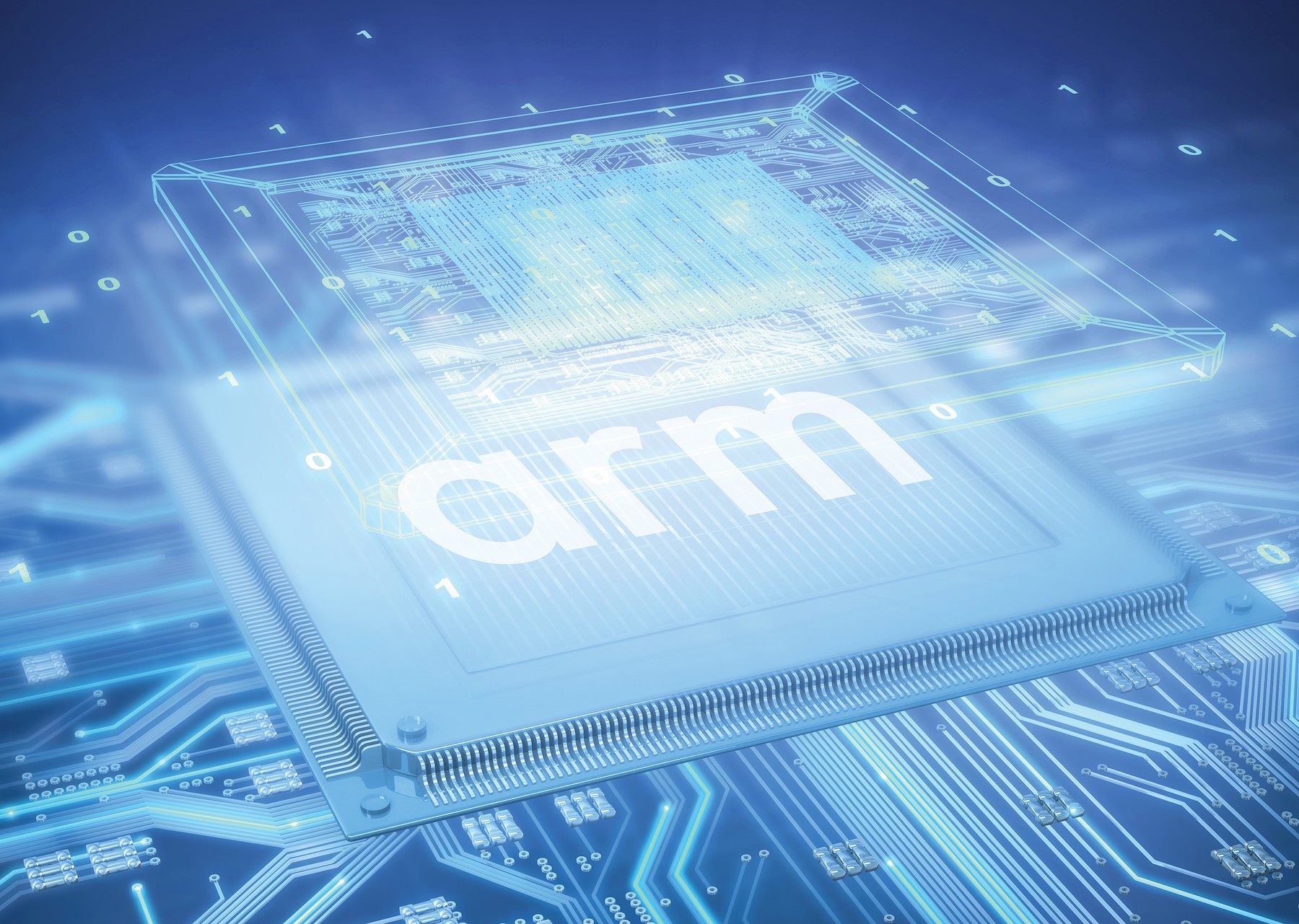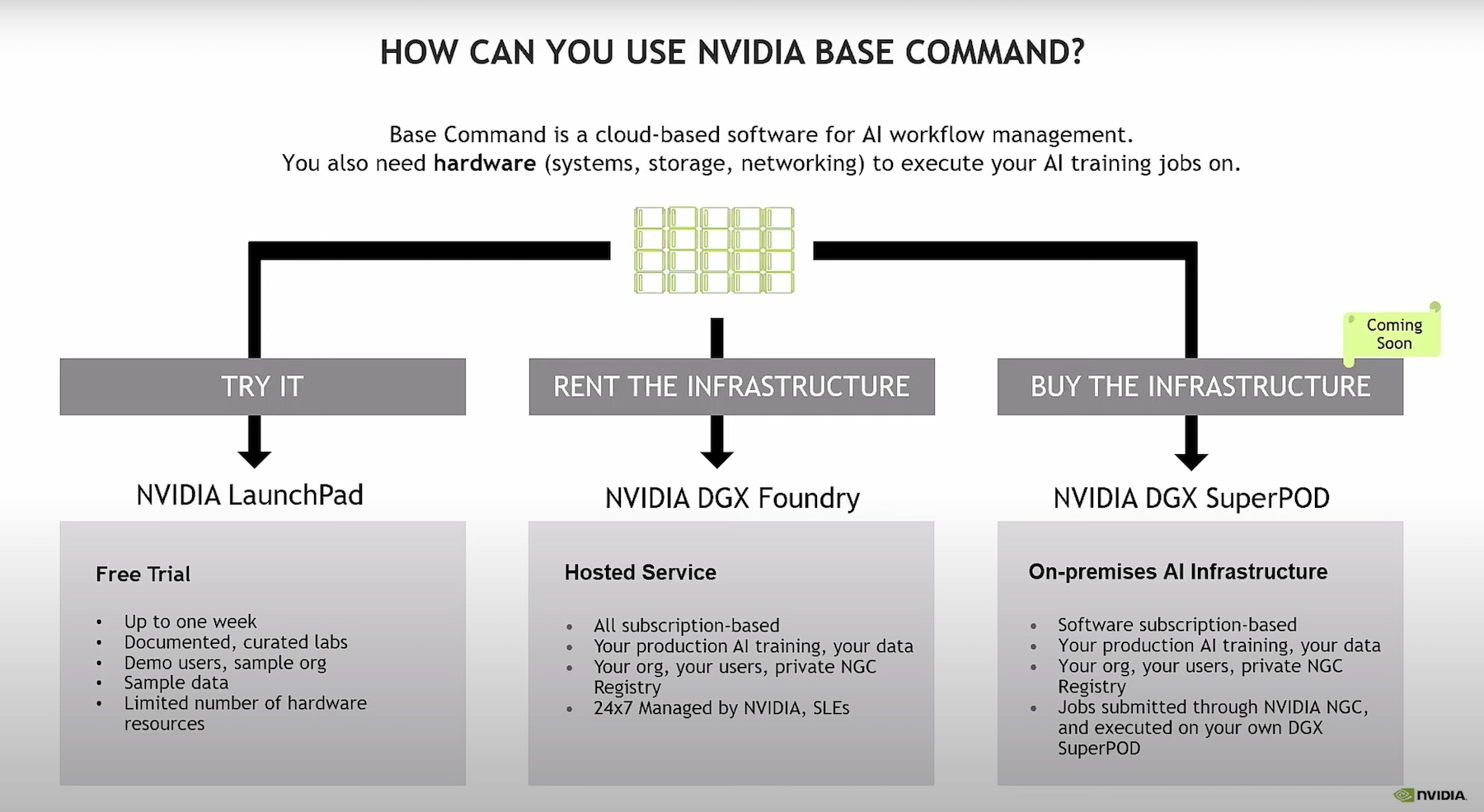On September 13, Nvidia announced that they had reached an agreement with SoftBank to purchase Arm Holdings for $40 billion. Although this deal makes a lot of sense, it is not at all clear whether it will go through. Specifically, we expect the Ministry of Commerce of the People’s Republic of China (MOFCOM) to block the deal. Ultimately, we believe another suitor will step in and Nvidia will not acquire Arm after all.
Transcript of Checksum Episode 15: Will Geopolitics Block Nvidia + Arm?
As discussed by my colleague in the last episode of Checksum, Nvidia’s acquisition of Arm makes a lot of sense. The American company is a major force in the semiconductor industry already, leading the world market in GPUs for graphics and artificial intelligence, and also a strong supplier of mobile processors for smartphones and embedded systems. Their Tegra range uses Arm’s microarchitecture, and Nvidia is one of the few companies with an architectural license, allowing them to design their own cores.
Nvidia’s Tegra line has not been as strong a success in mobile phones as anticipated, but the company remains a player in this space. Where they really shine is in embedded systems, including the Nintendo Switch console and automotive navigation and control systems. Combined with Nvidia’s impressive GPU technology, their Arm systems offer vehicle and industrial companies a platform that can perform advanced artificial intelligence tasks including autonomous driving.
Nvidia has recently acquired more IP across the compute stack, including strong networking hardware from Mellanox and software from Cumulus and even storage IP with SwiftStack. This sets them up as a competitor to Intel in many markets, and they lead that fabled company in some areas including artificial intelligence. Indeed, one can imagine that Intel might also be looking at acquisitions to keep up with cross-town rival Nvidia even as it struggles with another Santa Clara company, AMD, in the signature client and server CPU space.
Another factor supporting an Nvidia acquisition of Arm is simply the size of the deal. Very few companies could bring this much money to the table, and fewer still would be such an ideal custodian for Arm’s licensing-based business. Nvidia’s lack of success in mobile puts them in a better position than a more-dominant company in that space like Samsung or Qualcomm. Another interesting wrinkle is how the deal is structured. Nvidia would use $21.5 billion in stock and $12 billion in cash, including $2 billion on signing. But they would hand over another $5 billion under an earn-out based on the financial performance of Arm. This is helpful for both companies, since it effectively reduces the cost of the deal for Nvidia but still lets SoftBank announce it at a higher price.
But there is a dark cloud on the horizon. Back in 2016, Qualcomm tried to buy NXP Semiconductors, which would give the mobile chipset maker a commanding lead in near field communications (NFC) chips and embedded processors. But Broadcom made an aggressive attempt to purchase Qualcomm, a move that got the attention of American and Chinese regulators. Soon, the dual acquisitions became a political football in the Trump administration’s US-China trade war. Broadcom’s acquisition of Qualcomm was blocked by the United States and their acquisition of NXP was “timed out” by China’s Ministry of Commerce (known as MOFCOM).
The US-China tensions have only gotten worse since then, with the United States blocking Chinese companies like ZTE and Huawei from using American intellectual property or even buying components in many cases. China so far managed to avoid the catastrophic impact of losing access to critical components across the IT stack but they are certainly gravely concerned about this prospect. And there is no IP more critical to embedded and mobile systems than the Arm microarchitecture.
Would China allow this British company, currently in Japanese hands, to go to an American company? While Nvidia would be foolish to restrict access to Arm licensees in China, the American government can block it, and this would provide leverage in trade negotiations. Regardless of which candidate prevails in November, it is likely that the next US administration will continue to exert pressure on China using tools like this. This situation will be unacceptable to the Chinese government, and they will certainly review the acquisition. Indeed, China is already embroiled in a squabble over IP between Arm China and the mother company. We feel that it is extremely unlikely that MOFCOM would allow the deal to go through.
So what happens now? Despite the announced deal, SoftBank is likely continuing to negotiate other deals. The Nvidia deal effectively sets the price for Arm Holdings, and only a few technology companies could afford it. This list is cut dramatically since any American acquisition would also be blocked by China. Considering SoftBank’s eagerness to unload Arm, it seems likely that another deep-pocketed investment company will buy it for a future sale when the geopolitical situation is resolved.
Arm Holdings will eventually become a key part of a major global technology company, and Nvidia makes the most sense as the acquirer, but we feel that the deal announced this week will not go through.




